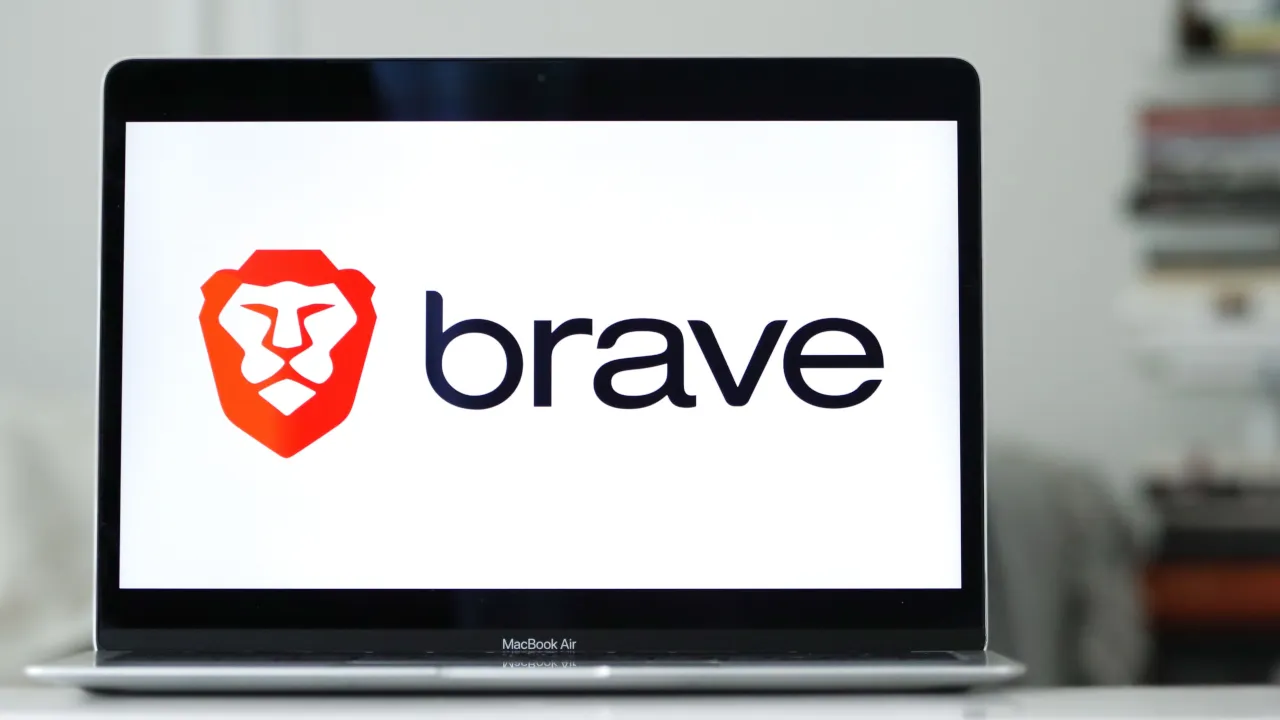We do the research, you get the alpha!
Brave, the company behind the privacy-focused Brave browser, is bringing on-chain Solana payments with its long-time Brave Rewards program, the company announced on Thursday.
The on-chain Solana feature, Brave said, will allow Brave browser users to transfer BAT tokens from their local machines to a self-custody Solana wallet, without involving a centralized exchange.
“We chose Solana as the ideal network for the launch of on-chain Brave Rewards given its high transaction speed and low fees, which help reduce the costs associated with distributing BAT earnings to hundreds of thousands of users,” Brave said in the announcement.
Brave Rewards is officially going on-chain with @Solana! ⛓️🎉
Starting today, select users will have the option to receive their monthly $BAT rewards to a Solana address they own. Details in thread 👇 pic.twitter.com/1bjPGXn3yf
— Brave Software (@brave) February 22, 2024
Brave said the new Solana integration will let users earn and use BAT on-chain for direct contributions to Brave creators, swapping tokens in the Brave Wallet, purchasing SOL domains from Bonfida, earning fees from Orca liquidity pools, and mint or buying NFTs with SPL-BAT.
Even though Brave is using Solana for its new Brave Rewards transfer functionality, the rewards program director, Christopher Nguyen, said the company is not ruling out other blockchains like Ethereum.
“BAT was launched on Ethereum, so that would be a natural fit,” Nguyen told Decrypt. “But for launch, we chose Solana due to its incredible scalability.
“Ultimately, we want to expand user choice,” Nguyen continued. “We’re always keeping an eye on other chains and their developments, and [we are] always open to partnering with other leading names in the Web3 space.”
Solana is just the first chain integration, he noted, and simplicity is paramount.
“This new way of distributing BAT removes many of the barriers everyday people face when onboarding to Web3,” Brave said. “There are no withdrawal fees or limits since the Solana wallet is entirely owned and managed by the user. Users can earn and receive BAT directly on-chain, and use it on-chain however they like.”
Launched in 2016, Brave browser allows users to block trackers, ads, and scripts. Brave Browser also gives users the option to opt-in to certain advertising in exchange for its native token, the Basic Attention Token, or BAT.
Prior to today’s announcement, working with BAT required an account with Uphold, a digital money platform that offers “assisted self-custody.”
In May 2022, the 1.39 update brought support for the Solana Blockchain, including SOL and SPL tokens, to the Brave browser.
While users could swap tokens in the Brave Wallet, a third party was needed to transfer assets to a self-custody wallet. Users of the Brave Wallet have been able to buy, sell, and hold SOL and SPL tokens using the Ramp network, Coinbase Pay, Sardine, and Transak.
Other cryptocurrencies the Brave Wallet supports include BTC, ETH, APE, MATIC, FIL, USDT, and USDC.
Before the self-custody feature is available to the general public, Brave said the initial rollout of the Solana feature would be invite-only to eligible users.
“Eligible users will be invited with a browser notification in Brave Rewards,” Brave continued. “They will connect a Solana address to Brave Rewards using a Solana wallet, such as Brave Wallet.”
Brave and Solana Foundation did not immediately respond to Decrypt’s request for comment.
In November, Brave introduced generative AI to Brave Browser with the launch of LEO AI. The Brave browser utilizes multiple AI models from Anthropic, Meta, and Mixtral to power Leo, which comes in a free and premium tier. Leo is free to use with limited access, while premium offers more models with higher limits and gives subscribers early access to new features.
As with the Brave browser itself, Brave says LEO does not collect identifiers like IP addresses and does not use user data to train its AI model.
“We tested several systems, and Anthropic was the best fit for this initial release with their speed and advanced conversational abilities,” Brave CTO and co-founder Brian Bondy told Decrypt at the time.
Like other generative AI models like OpenAI’s ChatGPT, Anthropic’s Claude, and Google’s Gemini, LEO comes with a disclaimer that accuracy is not guaranteed and may provide inaccurate, misleading, or false information.
Edited by Ryan Ozawa. This article has been updated to include additional comments from Brave.





